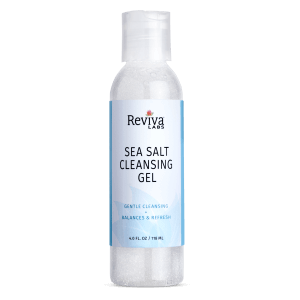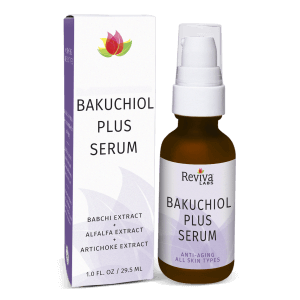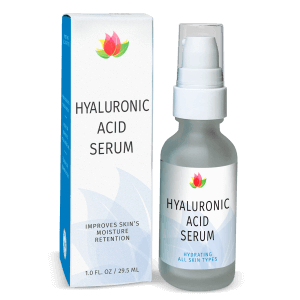Reviva Labs, Skin Care
How To Soothe Sensitive Skin
Sensitive skin, sometimes seen as a curse, is not always easy to manage. However, with the right knowledge and care routines, this skin type can be tamed and soothed. This blog post will provide you with all the basic information to understand, manage, and soothe sensitive skin.
Understanding Sensitive Skin
Sensitive skin is not a disease, but rather a symptom of various underlying conditions. It is a genetic skin type that results in heightened reaction to environmental factors and skincare products. The skin may react to certain triggers causing inflammation, irritation, and discoloration. The reactions can vary, leading to symptoms ranging from itchiness, redness, and tightness to dryness or flaking.
Sensitive vs. Sensitized Skin
While it’s important to understand what sensitive skin is, it’s equally critical to differentiate between sensitive and sensitized skin. Sensitive skin is a genetic trait you are born with—featuring a defective skin barrier, intolerance to topical products, and susceptibility to allergies. On the other hand, sensitized skin is an acquired condition linked to lifestyle and environmental influences. Both types need special care, but their triggers and treatments can differ.
Common Triggers for Sensitive Skin
There are several triggers that can exacerbate sensitive skin conditions. These include harsh weather conditions, UV exposure, pollution, stress, spicy foods, alcohol, smoking, and certain skincare products. Identifying these triggers is the first step towards managing sensitive skin effectively.
Common Sensitive Skin Care Mistakes
Certain habits and practices can further irritate sensitive skin. These include over-exfoliation, using harsh products, hot water for bathing, and neglecting to wear SPF. Correcting these mistakes can significantly improve the condition of sensitive skin.
The Role of the Skin Barrier
A healthy skin barrier is crucial in protecting sensitive skin. It helps to retain moisture, keeping the skin hydrated and preventing irritants from penetrating the skin. A compromised skin barrier can lead to dryness, itchiness, and other uncomfortable symptoms.
The Importance of Moisturizing
Dry skin can often lead to irritated skin. Moisturizing is key in combating this. Hydrating the skin helps to strengthen the skin’s protective barrier, locking in moisture and preventing dryness and flaking. Opt for hypoallergenic moisturizers and lotions that are gentle on the skin.
How to Care for Sensitive Skin
Taking care of sensitive skin involves a multi-faceted approach. Start by simplifying your skincare routine, avoiding harsh products, and using gentle, fragrance-free alternatives instead. Always test new products on a small patch of skin to check for any reactions. Remember to keep your skin cool and protect it from the sun and environmental pollution.
The Role of Diet and Hydration
What we eat and drink can also affect our skin. For sensitive skin, maintaining high hydration levels is crucial. Moisturizing twice a day can help balance your skin, while drinking plenty of water keeps your body—and your skin—hydrated. A balanced diet rich in essential nutrients also contributes to healthy skin.
Professional Treatments for Sensitive Skin
If at-home care is not enough, professional treatments can help. Dermatologists can provide personalized advice and treatments to manage and soothe sensitive skin. Treatments can range from topical creams and medications to specialized procedures.
The Path to Soothing Sensitive Skin
Managing and soothing sensitive skin is not an overnight process. It requires a consistent and thoughtful skincare routine, a balanced diet, and a healthy lifestyle. But with the right approach and patience, it’s possible to keep sensitive skin calm and clear.
Remember, every skin is unique. What works for one person might not work for another. It’s essential to understand your skin, listen to its needs, and respond accordingly. With a nurturing and informative approach, you can guide your skin towards health and resilience.












